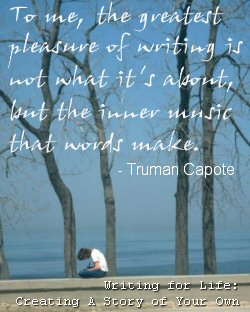Kahlil Gibran "On Prayer"
"...His power came from some great reservoir of spiritual life else it could not have been so universal and so potent, but the majesty and beauty of the language with which he clothed it all his own." --Claude Bragdon
 |
| On Prayer from "The Prophet" | GIBRAN |
You pray in your distress and in your need;
would that you might pray also in the fullness
of your joy and in your days of abundance.
For what is prayer but the expansion of
yourself into the living ether?
And if it is for your comfort to pour your
darkness into space, it is also for your delight
to pour forth the dawning of your heart.
And if you cannot but weep when your soul
summons you to prayer, she should spur you
again and yet again, though weeping, until you
shall come laughing.
When you pray you rise to meet in the air
those who are praying at that very hour, and whom
save in prayer you may not meet.
Therefore let your visit to that temple invisible
be for naught but ecstasy and sweet communion.
For if you should enter the temple for no
other purpose than asking you shall not receive:
And if you should enter into it to humble
yourself you shall not be lifted:
Or even if you should enter into it to beg
for the good of others you shall not be heard.
It is enough that you enter the temple
invisible.
I cannot teach you how to pray in words.
God listens not to your words save when
He Himself utters them through your lips.
And I cannot teach you the prayer of the
seas and the forest and the mountains.
But you who are born of the mountains
and the forest and the seas can find their
prayer in your heart,
And if you but listen in the stillness of the
night you shall hear them saying in silence,
"Our God, who art our winged self, it
is thy will in us that willeth.
It is thy desire in us that desireth.
It is thy urge in us that would turn our
nights, which are thine, into days which are
thine also.
We cannot ask thee for aught, for thou
knowest our needs before they are born in us:
Thou art our need; and in giving us more
of thyself thou givest us all." ~~
Tweet
Follow @djgTheMediaLady
...
Labels: God, healing, humanity, love, marriage, peace, unconditional
















































